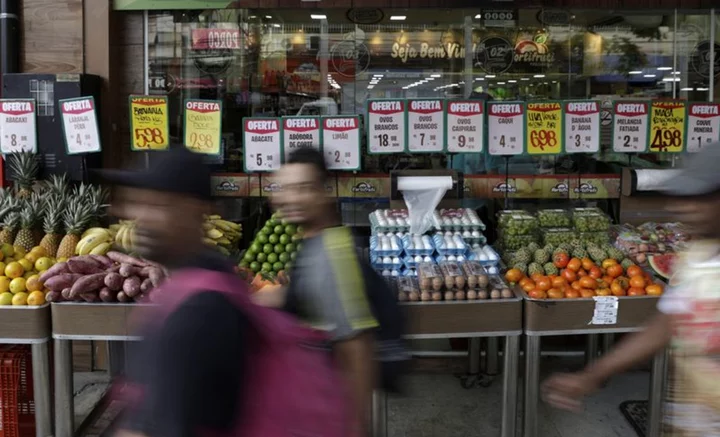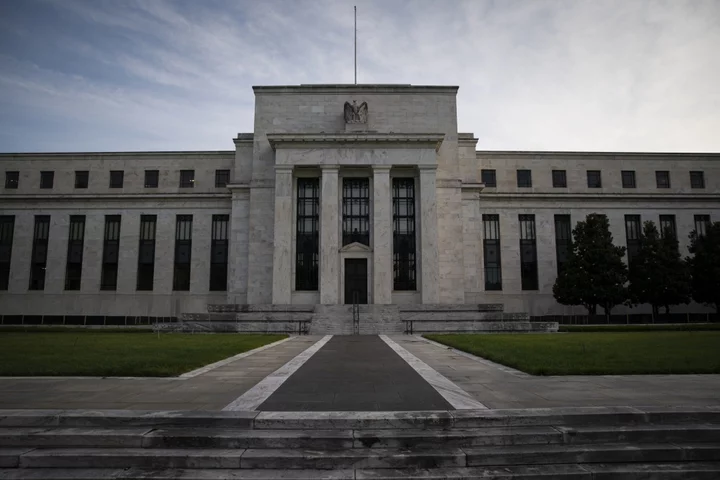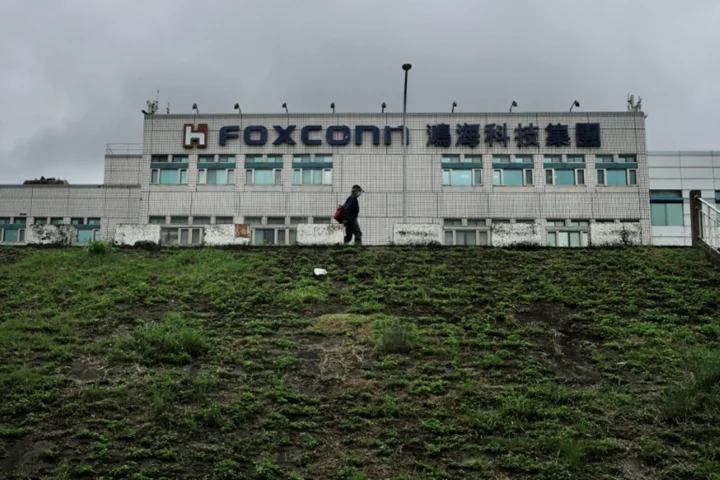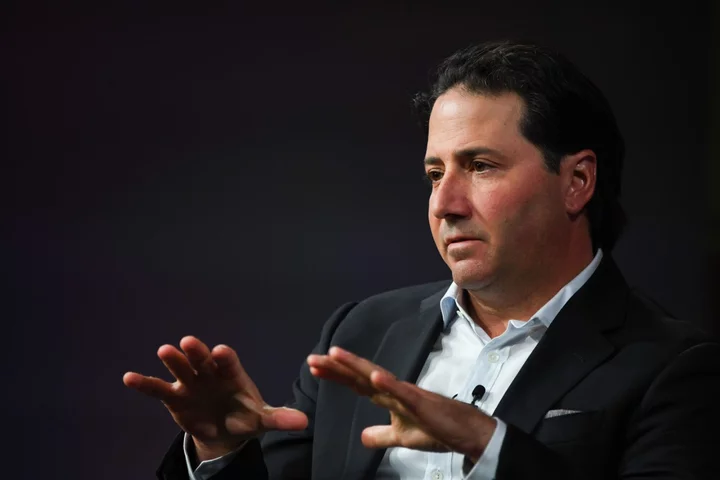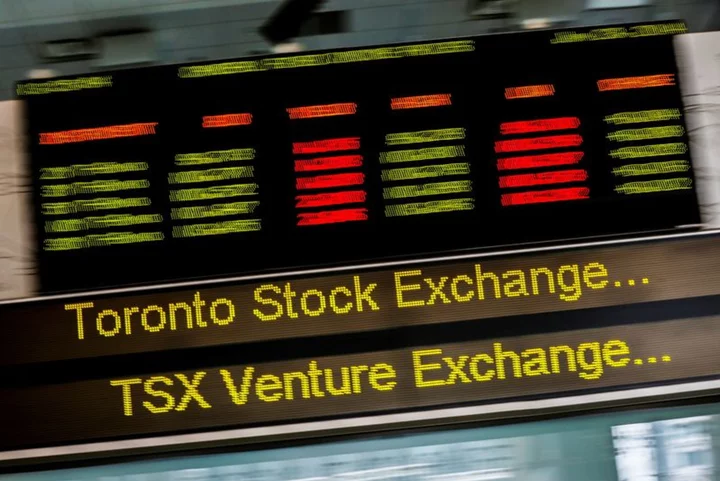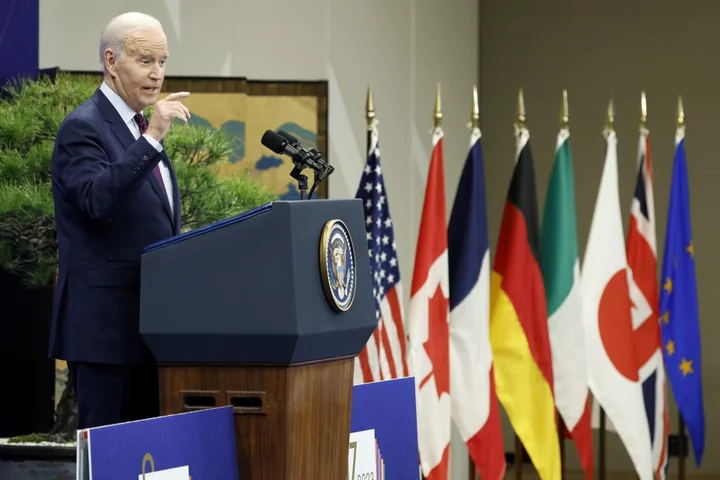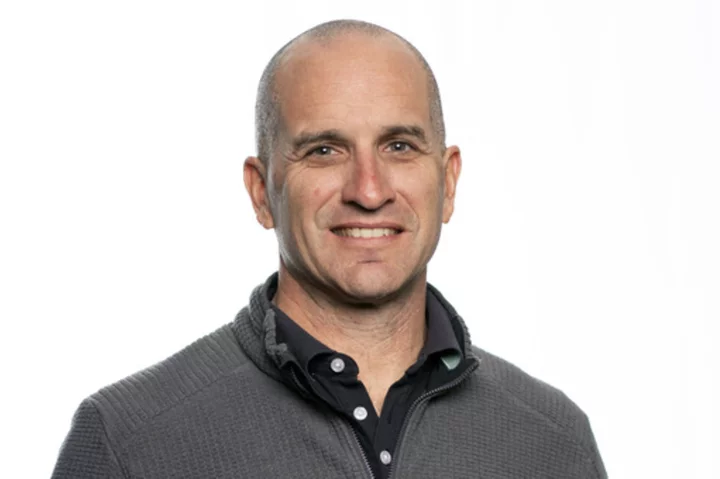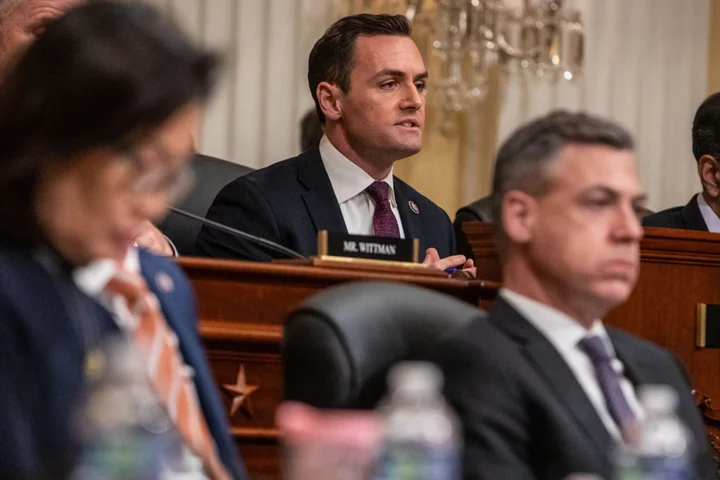By Gabriel Araujo
SAO PAULO (Reuters) -Brazil's annual inflation in June fell to its lowest level since September 2020, data from statistics agency IBGE showed on Tuesday, renewing bets that an interest rate cut is around the corner as consumer prices continue to trend down.
Annual inflation in Latin America's largest economy slowed to 3.16% in June from 3.94% in May, in line with a market consensus of 3.17%. Prices fell 0.08% on a month-on-month basis, the first deflation registered since September of last year.
The figures are likely to support expectations that the central bank will start cutting rates as soon as next month, after it took a dovish tone at its last meeting in June, saying that an August cut was possible if the positive inflation scenario continued.
"The sharp fall in inflation last month makes it almost certain that the central bank will kick off its easing cycle at its next meeting," said William Jackson, chief emerging markets economist at Capital Economics.
"We have penciled in a 25-basis-point reduction in the Selic rate to 13.50% but, if anything, the risks are starting to tilt towards a larger 50-basis-point move."
Brazil's central bank has conducted one of the world's most aggressive tightening cycles since early 2021 in a bid to tame high inflation, with the key Selic rate at a six-year high of 13.75% since August 2022.
The 0.08% consumer price fall from May to June was driven mainly by lower food, beverage and transportation costs.
While slightly smaller than the 0.1% decrease expected by economists polled by Reuters, the reading matched the level the central bank itself had forecast for the month in a quarterly inflation report released in late June.
"The inflation picture in Brazil remains benign, and leading indicators are pointing to further good news in the near term," said Andres Abadia, chief Latin America economist at Pantheon Macroeconomics. Abadia is also betting on a rate cut next month.
Annual inflation is currently within this year's target range of 1.75%-4.75%, although an uptick is expected from July because of unfavorable base effects.
Even so, private economists polled by the central bank have now lowered their estimates for this year's inflation rate for eight consecutive weeks, currently forecasting it to end 2023 at 4.95%.
Brazilian President Luiz Inacio Lula da Silva, who has persistently called on the central bank to cut rates, as he views the current high levels to be hindering economic growth, celebrated the downward trend in inflation.
"The central bank chief is a stubborn guy, but interest rates will start to fall soon," Lula said in a live broadcast on social media, referring to central bank Governor Roberto Campos Neto.
(Reporting by Gabriel Araujo; Editing by Conor Humphries and Paul Simao)

